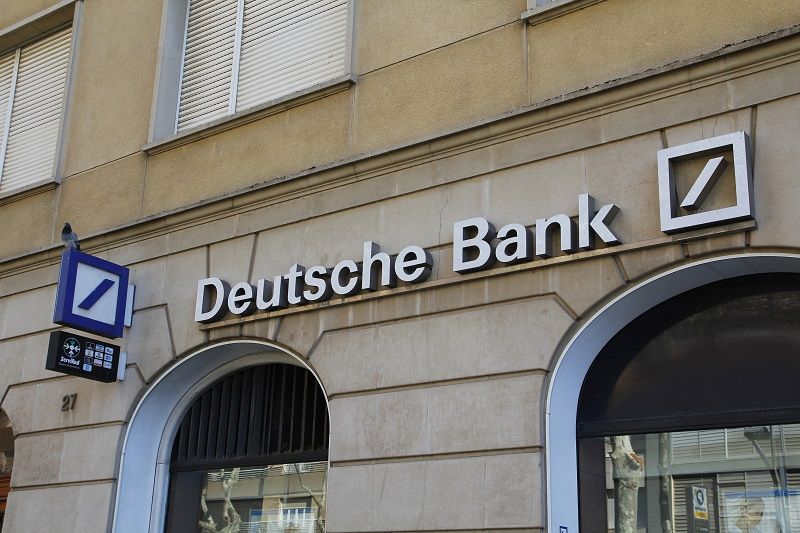The US financial watchdog charged Deutsche Bank on 8 January with failing to keep track of, and account for, money paid to third-party intermediaries.
The German bank engaged foreign officials, their relatives and associates as third-party intermediaries, business development consultants and finders to obtain and retain global business.
But the Securities and Exchange Commission order found that Deutsche Bank lacked sufficient internal controls related to the use and payment of these intermediaries resulting in the $120m (€98m) fine.
Bribes and incentives
Between 2009 and 2016, roughly $7m in bribes or payments for unknown, undocumented or unauthorised services was paid.
The SEC said that hundreds of ‘business development consultants’ were using during this time, but it highlighted four.
- Consultant A was paid at least $1.6m to help Deutsche Bank establish a clean energy investment fund with a Chinese government entity.
- Consultant B was paid roughly $3.5m to obtain a deal with an Abu Dhabi sovereign wealth fund called Project X.
- Consultant C was paid an unspecified sum to refer high net worth clients to Deutsche Bank over the course of eight years.
- Consultant D was a general manager of a family office for a senior member of a Middle Eastern royal family and paid roughly $1.1m to ‘incentivise’ investment with Deutsche Bank.
These payments were also inaccurately recorded as legitimate business expenses and involved invoices and documentation falsified by Deutsche Bank employees.
Disgorgement, interest and penalty
Charles Cain, chief of the SEC enforcement division’s FCPA unit, commented: “While third parties can assist in legitimate business development activities, it is critical that companies have sufficient internal accounting controls in place to prevent payments to third parties in furtherance of improper purposes.”
Deutsche Bank has agreed to a cease-and-desist order and to pay disgorgement of $35m with prejudgement interest of $8m to settle the action.
The SEC did not impose a civil penalty in light of the $79m penalty paid in the criminal resolution.







